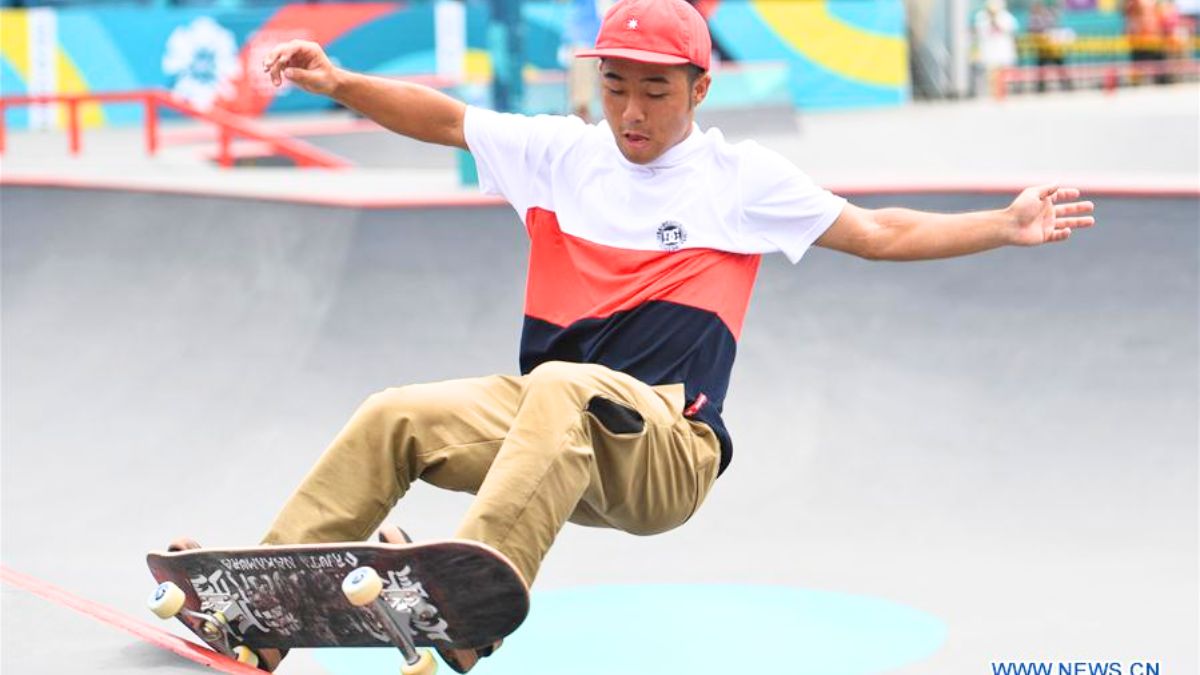The narrative of skateboarding at the Asian Games is one of how adolescent disobedience became popular in mainstream sports. Skateboarding, which was originally associated with counterculture and individuality, has made an appearance at the Asian Games, demonstrating its appeal on a worldwide scale and cultural relevance.
Also Read: Asian Games 2023: India’s Squad of rowing
In 2018, during the 18th Asian Games, which were held in Jakarta, Indonesia, skateboarding made its Asian Games debut. As one of the biggest multi-sport events in the world, this represented a pivotal time for the sport.
Skateboarding’s inclusion was a recognition of the activity’s expansion and popularity, particularly among young people in Asia. As time has gone on, skateboarding at the Asian Games has drawn a new generation of competitors who pull off stunts that defy gravity.
Street skateboarding and park skateboarding are frequently featured in competitions, displaying the adaptability and ingenuity of the sport. A dynamic arena for competitors to express themselves through flips, spins, and grinds is provided by the skate parks constructed for these competitions.
The Asian Games’ decision to include skateboarding is part of a larger trend that mainstream sports organizations are beginning to acknowledge: action sports.
It has not only provided Asian skateboarders the chance to demonstrate their prowess on a large platform, but it has also motivated more young athletes to take up the sport, fostering the expansion of skateboarding communities throughout the continent.
Skateboarding’s ability to combine individuality and teamwork at the Asian Games is one of its most impressive features. Despite the fact that it is a solo sport in which each skater competes alone, there is a strong sense of teamwork and support among competitors.
In the midst of their rivalry, athletes frequently support and praise one another’s accomplishments. New skateboarding stars have emerged as a result of skateboarding’s inclusion in the Asian Games. Asian-born athletes have achieved success and become role models for aspiring skateboarders.
Their accomplishments have raised skateboarding’s profile in Asia and encouraged more people to take it seriously. In conclusion, skateboarding’s history at the Asian Games represents the transition of the sport from a fringe activity to an accepted national pastime.
Skateboarding has been a staple of the Asian Games since its introduction in 2018, exhibiting the talent and agility of its competitors.






